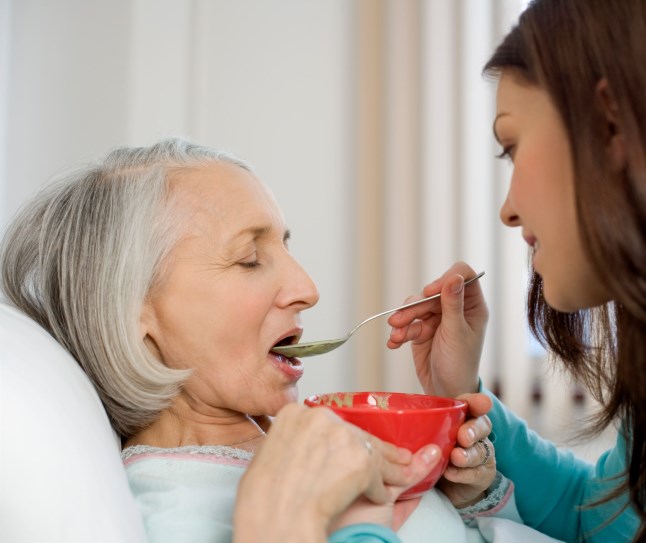Thousands of B.C. caregivers who are looking after elderly loved ones at home with little or no support deserve a medal.
But instead of acknowledgement and support, they are often ignored.
That is, they were until B.C.'s seniors' advocate lifted the veil on what is a little known or quantified element of the province's better at home system for the frail elderly.
According to Isobel Mackenzie, the province's seniors' advocate, the current system, where people are encouraged to stay in their homes as long as possible, is extremely weak because of a lack of basic support.
Her report said there are too few respite beds and not enough home support, with the result that about 29% of caregivers are reporting distress as they look after their their loved ones, many of whom have dementia and other complex health issues.
Now that we know about this, what are we going to do about it?
The system would be much worse if these unpaid caregivers had a sense of entitlement that seems to permeate many other government programs — but they don't.
Many of these caregivers grew up during the Great Depression, when you looked after your own and you didn't seek handouts. Others are sons and daughters looking after elderly parents and just don't know how to navigate the complicated health care system, or don't have time, and they are just doing their best as their parents become more fragile.
Thankfully, we don't have to reinvent the wheel. There are programs in place, according to Mackenzie, just not enough of them.
The seniors' advocate is recommending that adult day programs, home support programs and respite beds (where elderly go to give their caregivers a break) are enhanced to keep pace with the growing seniors' population.
Next door in Alberta, people can access these services for much less complex needs and, thus, there is much less caregiver distress.
B.C. shouldn't be providing second-class service to its elderly, and to do so could mean much higher costs for their care in the future as burned out caregivers turn to hospital emergency rooms and residential care to deal with crises.



